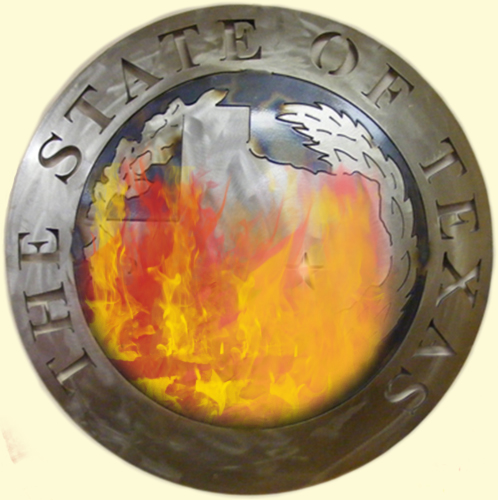|
It is important for parents, teachers and other adults to respond
appropriately to children.
First, listen and do not make assumptions about how a child (or
anyone else) is feeling, thinking in response to a crisis situation.
Things to Remember
- Do not expose young children to graphic media coverage (radio or
TV), and limit older youths' exposure.
- Children younger than five years old may not always tell fantasy
from reality. Media depictions of attacks can be as scary as real
attacks.
- Some children will exhibit fear through behavior, not words.
Examples might include crying, abnormal fussiness or agitation.
- Children and people have normal reaction to abnormal events.
- All children, even the very young, have a sixth sense that
enables them to be aware of an adult's fear and anxiety.
- Children will respond differently at different ages. See the age
specific information below.
Tips to Help Children with Emotional Reactions
- The best overall strategy is to do two things simultaneously:
acknowledge their fear (if child has expressed that) while
simultaneously reassuring them.
- Take your cues from the child. Don't assume they are more afraid
than they may be. Conversely, don't assume that they are unaware of
what has happened.
- Take their emotions seriously. Don't try to talk them out of it.
- Respond calmly. Don't exaggerate their emotions by using extreme
language or by overreacting.
- Answer their questions directly but don't give them more
information than they are asking for or that they need.
- Provide physical reassurance with lots of hugs and touching.
- Make sure they know that it's okay to ask questions.
Early Childhood
- Even though very young babies and toddlers may not know what is
going on they may intuitively perceive parents' worry and anxiety.
- Stay calm around babies and toddlers.
- Maintain normal routines as much as possible. Routines are
reassuring for all children.
Preschoolers
- Preschoolers will be more tuned into what has happened. They
have probably heard or seen media reports and have probably heard
others discussing the attacks. Preschoolers are most concerned about
their own safety and the safety of their parents, relatives and
friends.
- Children will need more comfort, especially at bedtime.
Middle School
- Children this age will be very aware of what is going on. They
may be prone to exaggeration. Jokes or humor can mask fears for this
age group.
- Talk to your middle school child and answer any questions.
- Acknowledge any feelings of fear or anger.
- Provide comfort and reassurance.
- Children this age will be more interested in details. Share only
what is necessary. Don't overwhelm them.
- Some children may act out scary feelings or may become more
withdrawn. Talk with them and ask them to tell you about their
feelings.
High School
- Youths in high school have probably already talked about the
attacks with friends. Be honest with them and let them know what is
going on. This age may be glued to TV, eager for news and details.
- It is important to talk about what has happened and about both
yours and their feelings.
- Acknowledge fear, sadness, and anger.
- Some teens may also just block out the whole thing and refuse to
- acknowledge that anything big has happened or that they care.
This often masks real fears and feelings of being overwhelmed.
- Some teens may make jokes. Let them know it's not funny without
lecturing them.
- Some teens may be very interested in discussing issues that this
tragedy raises.? Be willing to engage them in serious discussions.
- Be careful and avoid placing blame on a whole group of people or
targeting particular ethnic or religious groups.
|

